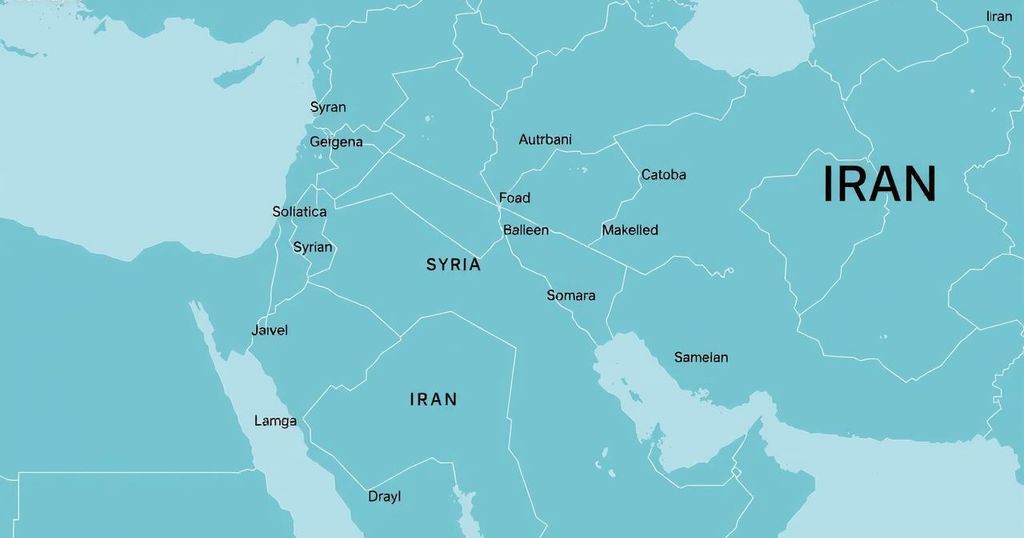The EU will host a donor conference for Syria as Germany pledges €300 million for aid. Concurrently, the US continues airstrikes on Houthi forces in Yemen. The conference features Syria’s representation for the first time, highlighting a push for political stability post-conflict.
On March 17, 2025, the European Union (EU) is set to host a donor conference aimed at supporting war-torn Syria, following the removal of Bashar Assad from power. Germany has taken a significant step by pledging an additional €300 million to assist organizations providing aid to Syrians both within and outside the country. This conference is crucial as Syria seeks political stability after enduring 14 years of civil conflict.
The US has intensified airstrikes in Yemen, targeting the Iran-backed Houthi movement in response to threats they posed against international shipping. Recent attacks focused on the Red Sea port city of Hodeidah and the Al Jawf governorate, reportedly resulting in civilian casualties. The US Central Command has labeled the Houthis as “terrorists” and aims to pressure Iran regarding its nuclear negotiations.
The upcoming EU conference is particularly notable as it introduces Syrian Foreign Minister Asaad Shaibani, marking Syria’s first formal representation in such meetings. German Foreign Minister Annalena Baerbock emphasized the need for an inclusive political process for Syria to achieve a peaceful future. Current UN estimates indicate that over 16.7 million individuals in Syria require assistance, and projections suggest a lengthy recovery period of over 50 years to return to pre-war economic conditions.
The EU’s donor conference for Syria highlights vital international efforts to provide humanitarian aid and support political stability in the region after years of conflict. Meanwhile, the US continues to confront threats from Houthi forces in Yemen, further complicating the geopolitical landscape in the Middle East. These developments reflect ongoing concerns about Iran’s influence and the broader challenges facing regions rife with instability.
Original Source: www.dw.com






